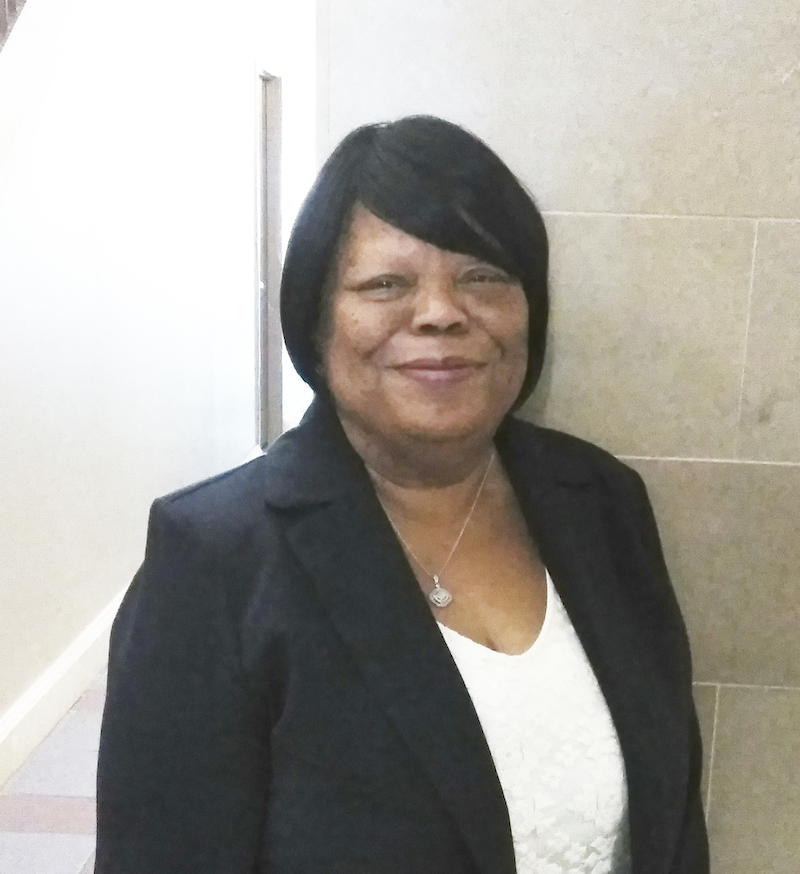Texas fights ‘drastic’ push to require voting map approval
Published 7:34 pm Thursday, May 2, 2019
AUSTIN — A federal court is considering whether the state of Texas can be trusted to make new voting maps after it found racial discrimination in the initial maps that solidified Republican power.
If the answer is no, Texas could be forbidden from redrawing congressional and legislative boundaries without court or federal supervision ahead of the 2020 Census — a move Democrats believe is deserved and the U.S. Justice Department opposes.
Both sides presented their cases to a San Antonio court Thursday, a week after Texas settled a lawsuit over a botched effort to find non-U.S. citizens on voter rolls, which minority rights groups presented as fresh evidence of sustained discrimination.
Trending
“Without federal supervision, Texas will just continue to discriminate as it has been,” said Nina Perales, the lead attorney for the Mexican American Legal Defense and Education Fund.
A ruling did not appear imminent and the U.S. Supreme Court will likely have the final word.
Marc Rylander, a spokesman for Texas Attorney General Ken Paxton, called requiring supervision a “drastic remedy” that was unnecessary and defended the state’s protection of voting rights.
But the question before a three-judge panel in carries significance that could reverberate nationally. Voting maps shape the balance of power in both statehouses and Congress, and in fast-changing Texas, Democrats are making gains in the nation’s biggest conservative state and Hispanics are driving a booming population.
Two years ago, the same court found that statehouse maps drawn by Texas Republicans after the Census in 2010 were racially gerrymandered to intentionally dilute the growing electoral power of Latino voters. But the U.S. Supreme Court last year upheld many of the Texas districts that were challenged by minority groups.
Getting federal approval to change election laws is known as “preclearance,” which for decades was required of Texas and other states with a history of racial discrimination. But that requirement was eliminated in a landmark 2013 ruling by the U.S. Supreme Court that struck down the federal Voting Rights Act.
Trending
Courts can reinstate preclearance in the wake of findings of intentional discrimination, but the bar is high. Texas is already home to the first local government that was forced back under preclearance: the Houston suburb of Pasadena, which in 2017 was required to submit voting changes to the Justice Department.
“We’re confident that the courts will recognize the Legislature’s good faith and decline to impose preclearance,” Rylander said.





